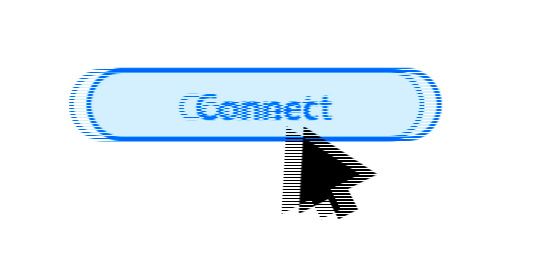There’s a virus spreading that isn’t the one you’re thinking of. Instead, it’s the profusion of “I’d like to join your LinkedIn network” requests that seem to daily bloat inboxes, at least my own. Rather than the volume of requests itself, the bloat is the time waste they bring.
I actually look at each one to confirm whether or not I know the person. When I do, I try to gauge the value we could bring each other. Even when I don’t know someone, I take the time to dutifully do the housekeeping of formally saying no thanks and telling LinkedIn “I don’t know this person,” all in an effort to keep my account and my network clutter-free.
Nearly all of this could be avoided if the sender did something that most who request we connect never do: Tell me why we should network.
For me, LinkedIn is a tool I use to manage my network. That was the platform’s initial purpose, and for me it’s still a highly valued one. But I have to work to make it that. I consciously treat it as a place for professional exchange, for my continued career learning and for keeping the modern version of my work Rolodex.
Striking the balance, I also consciously do not treat LinkedIn as just another social media platform. If I did, I would quickly dilute the very things that make it valuable, and one of the quickest ways to thin its value is to connect to people simply because they sent me a LinkedIn request. Not everyone sees it this way, and many don’t because they seem to have a very different impression of what a network is and can do. While it isn’t personal, that’s precisely why I work to keep them out of mine.
If you were to search for ways to increase your LinkedIn network, you would hastily accrue a list of usual suspect suggestions. Nearly every suggestion – from simply dumping in your email contacts, to using other social media to make a broad ask to connect – aims at one thing: pumping your number of connections.
The implication is that the more names, just names, the better your network. Apparently, many people agree with this conclusion, because 99.9% of the requests I get come without even a simple note, much less telling me why we should connect.
When you send me (and many others I know) such a request, you tell me immediately that we do not see networks in the same way, at all. My rejecting you isn’t personal, it’s just my way of wishing you the best of luck and against virtually all odds of mining value from your numbers network.
What does it mean to network?
Here’s what we forget as we hurry to succeed: Success, and the necessary networks that help facilitate success, aren’t just made up of names or even people. The valuable ones are comprised of well-tended relationships. At a minimum, relationships are based on understanding — I have an understanding of who you are and what you do, and you know the same table stakes information about me.
The best relationships go further. I know important things about your background — important to you, by the way — including how you see the world, what makes you tick and what you value. And if I am smart, I choose to build relationships of worth with people who care to know the same about me.
In a symbolic and not a token way, an invitation to connect is the catalyst or killer for a relationship yet-to-be. If you send me a note personalizing your request, I at least think you care minimally about me and what I care about (not to mention you immediately put yourself in a distinct category from the overwhelming majority who do not). If your note reflects that you actually know something about me (most notes fail here), or if it tells me why the heck we’d want to know each other, you begin to get my attention.
There is a double edge if you make it this far: If you’re faking it, versus really having taken the time to determine the value in our connecting, I’m on your scent like stink on a skunk.
Relationships, ones that truly co-create value, simply begin with connecting. They are built, balanced and become over time. Trust must be earned. Value must be clear and shared. So, if you think that simply having your request accepted opens the floodgates to your next asks of me, think again.
Good transactions have good relationships at their center. Bad transactions are never worth ignoring that maxim. I’ve learned that rather than delivering their promised payoff, investing in a bad transaction only causes pain. I work to save myself that pain. Countless others I know do too.
At the end of the day, your network is only as good as the relationships within it. A pure numbers approach doesn’t add up. If you stop and think about it, I think you’ll see the link.
Larry Robertson is an innovation advisor who works, writes and guides at the nexus of creativity, leadership and entrepreneurship. Robertson was named a Fulbright Scholar in 2021. He’s also the author of two award-winning books: “The Language of Man. Learning to Speak Creativity” and “A Deliberate Pause: Entrepreneurship and Its Moment in Human Progress.” As founder of Lighthouse Consulting, he has for over 25 years guided entrepreneurial ventures and their leaders through growth to lasting success. His third book, “Rebel Leadership: How to Thrive in Uncertain Times,” was released June 1, 2021.
If you liked this article, sign up for SmartBrief’s free email newsletters on leadership and business transformation, among SmartBrief’s more than 250 industry-focused newsletters.
